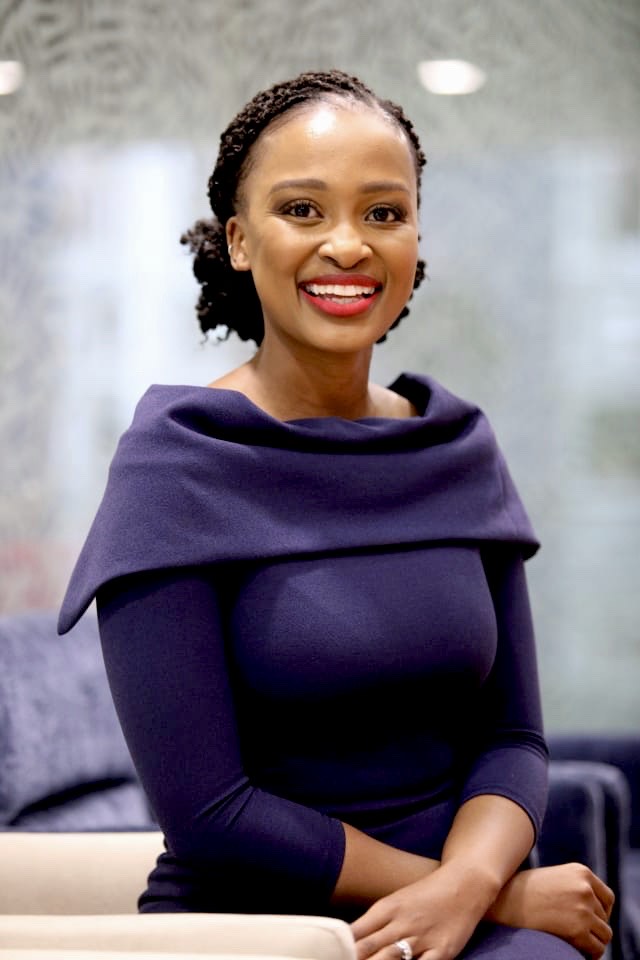Ndoni Mcunu is next up in Limitless, our series celebrating women working in male-dominated fields. Her mission is to bridge the gender gap in science research through her non-profit Black Women In Science. This is a daunting but necessary task especially in Africa where science fields are regarded as development drivers by the African Union.
Ndoni Mcunu realised during her studies that there’s a fundamental gap between the number of women who start their science degrees and those who eventually become experts. African women are even less likely to pursue research and academia because of cultural expectations. “I am a Zulu woman,” she explains, “If I were married, my in-laws would probably struggle to understand that I am unable to attend ‘umembeso’ (one of the many stages and rituals in a Zulu wedding) because I have a thesis to write-up.”
The doctoral candidate founded her non-profit, Black Women in Science, to produce knowledge and awareness of science to rural women and expose emerging researchers to opportunities. The organisation fosters collaboration among black women scientists with the aim of challenging the systems that keep women away from the field.
Women make up less than 30% of the people working in STEM careers and the situation is worse in countries in sub-Saharan Africa.
Statistics by UNESCO reveal that globally women make up less than 30% of the people working in STEM careers and that the situation is worse in countries in sub-Saharan Africa. This fact necessitated a platform like Black Women In Science, through which she also manages community-based sustainability projects which tackle a range of sustainability issues like recycling and access to water. Her doctoral research looks at the effects of climate change on small-scale farming while exploring new ways of protecting crops from changing weather patterns – an important study considering that South Africa’s economy relies heavily on agricultural output.
In a recent interview with CNN, she’s profiled facilitating a “science meets business” workshop, highlighting the need to expose scientists to disciplines outside of the classroom so they can integrate their work with other sectors of society. In 2017, she was chosen as one of 140 young Africans to participate in the Nelson Mandela Washington Fellowship in Washington D.C to learn about leadership and entrepreneurship. Her most notable takeaway from the programme was a course in the value of self-reflection and care. “When you’re a founder you kind of just focus on making things work,” she explains, “I learnt about being aware of my internal struggles and how to manage them.”
History tells that that women have demonstrated transformative leadership and innovation.
In the introduction of her TEDxTalk on the representation of African women in leadership, she begins by drawing attention to the fact that when you search the internet for the world’s most effective leaders, the results will almost always lean towards men, even though history tells that that women have demonstrated transformative leadership and innovation. Her advice to emerging researchers is to do extensive research and surround themselves with a diverse network of people.
She’s currently preparing to share more of her experience and journey as a scientist and STEM activist in Paris later this year where she’s been invited to speak at the inaugural “For Women in Science” festival by L’Oreal and the United Nations Educational, Scientific and Cultural Organization (UNSECO). “It’s important because it’s a global platform for a woman from South Africa to speak about science. It’s important to remind people who look like me that what they have to say is important.”
With thanks to Africa No Filter who made this series possible.

